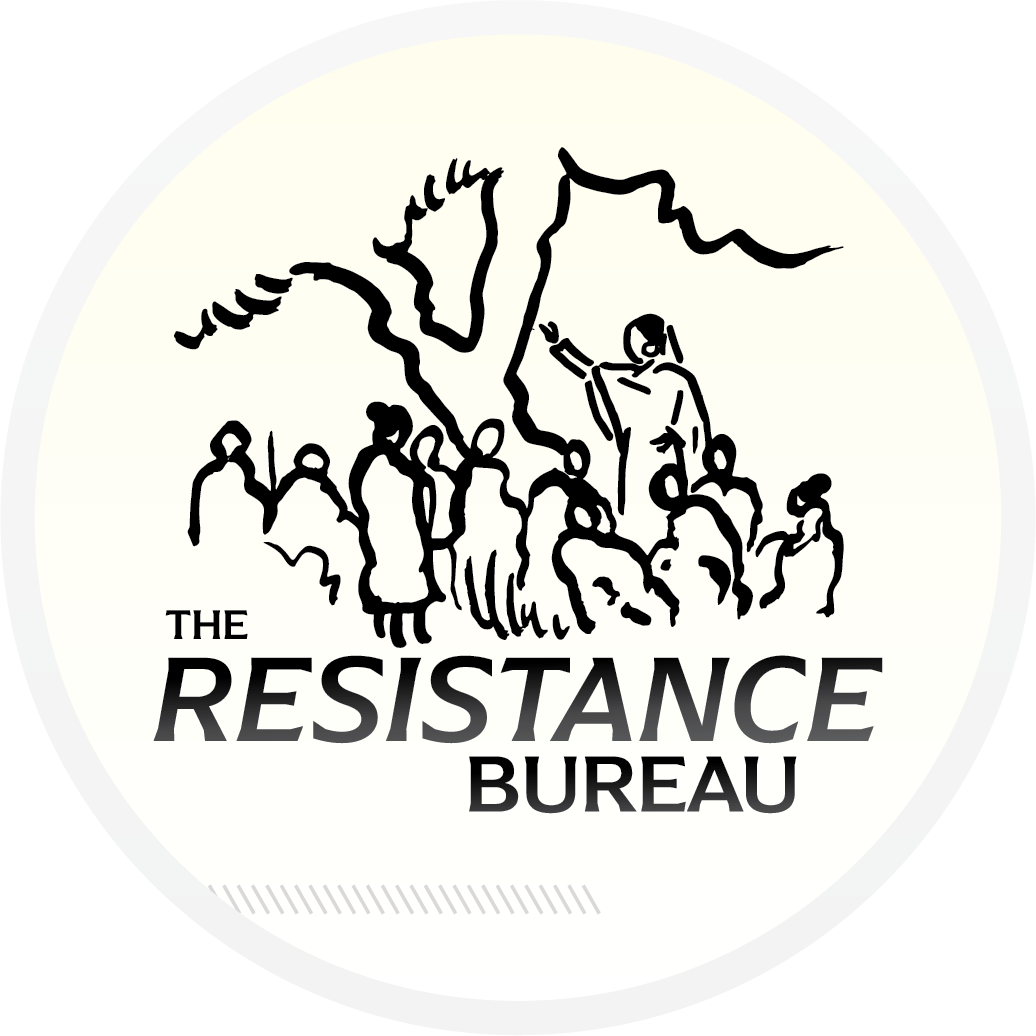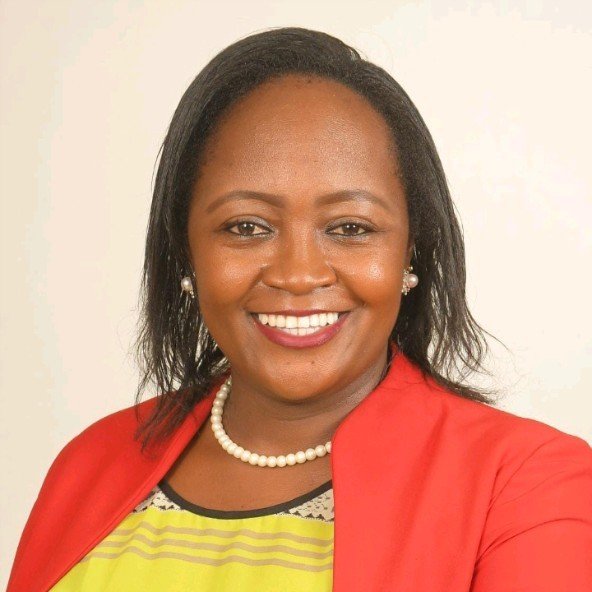African Politics: Resisting the ‘Boys Club’ Narrative
Women's political participation in Africa has achieved considerable progress in recent decades, with many countries striding towards greater gender parity in leadership and decision-making positions. Nevertheless, the region remains largely unequal.
The under-representation of women largely reflects the dominant political culture, though there is nothing particularly ‘African’ about this reality since women are also under-represented in most Western parliaments. According to the Inter-Parliamentary Union, women in African countries hold on average about 26% of seats in parliament. Rwanda leads the way with 61%, followed by South Africa (46%), Namibia (43%), and Senegal (43%).
There are also a number of examples of women who have, over the years, broken through the glass ceiling and taken up space at the highest levels of governance.
Africa’s first democratically-elected woman president, Ellen Johnson Sirleaf, led Liberia through reconciliation and recovery following a civil war. In 2012, 19-year-old Ugandan, Proscovia Alengot Oromait, became the youngest person in Africa to be elected a member of parliament. And in Zimbabwe, Fadzayi Mahere – a previous speaker on our show – transitioned from an independent candidate in Zimbabwe’s 2018 election to an official spokesperson of the country’s leading opposition political party.
Despite these examples, however, barriers persist. For example, limited access to education and income-generating activities compromise women’s ability to campaign. The commercialization of politics makes the political playing field highly unfair. Violence against women muzzles their voices – both in person and online. And dominant gender norms continue to push women to the periphery.
This live show – taking place on International Women’s Day – will celebrate successful women leaders and reflect on what their personal journeys can teach us. We will seek to answer difficult questions: Why has democracy failed to deliver on issues such as inclusivity in politics and governance? Why does women’s representation in politics matter? And are women leaders better positioned to champion policies that respond to the needs of women and other marginalized groups?
Join us on March 8!
Meet our speakers
Fatou Jagne Senghore
Fatou Jagne Senghore is one of the most well-known and best regarded human rights advocates in West Africa. She is the former regional director of the free expression group, Article 19, and former chair of the Gambia Radio and Television Services. She recently founded the Center for Women's Rights and Leadership, a Gambian NGO that works to advance women's political participation.
Justina Wamae
Justina Wamae is a human rights activist and a former Young African Leadership Initiative (YALI) fellow who most recently stood as the presidential running mate of the Roots Party in Kenya's August 2022 elections. She is founder of the Inatuhusu Movement, a Kenyan NGO that encourages young women and mothers to be more involved in elective politics.
Victoire Ingabire
Victoire Ingabire Umuhoza is the founder and chair of the Development and Liberty for All (DALFA-Umurinzi) political party in Rwanda. As candidate for president, Victoire was arrested and sentenced to prison in 2010 in a politically-motivated judicial proceeding, as later confirmed by the African Court on Human and Peoples' Rights. Despite frequent harassment and threats on her life, Victoire remains an outspoken advocate for political rights and civil liberties in Rwanda.
Magdalene Moonsamy
Magdalene Moonsamy is a former Member of Parliament in South Africa and a previous national spokesperson of the African National Congress Youth League (ANCYL). She is a prominent human rights activist and an Admitted Attorney of the South Africa High Court. She is also the founder of the Women's Justice Foundation, an nonprofit group that seeks to improve the social and economic well-being of women in South Africa.
Discussion
Aili Mari Tripp
Aili Mari Tripp is currently an editor of the American Political Science Review and a professor at the University of Wisconsin-Madison, where she specializes in women’s movements in Africa and African politics, as well as transnational feminism. She has authored several award-winning books, including most recently, ‘Seeking Legitimacy: Why Arab Autocracies Adopt Women’s Rights.’
Moderation
Mantate Mlotshwa
Mantate Mlotshwa is a passionate advocate for the meaningful contribution of women and youth to democracy and governance processes. The Founder of the creative brand U Motle, she has earned a reputation for speaking her mind and promoting positive messages of liberation and emancipation in Zimbabwe and beyond.






